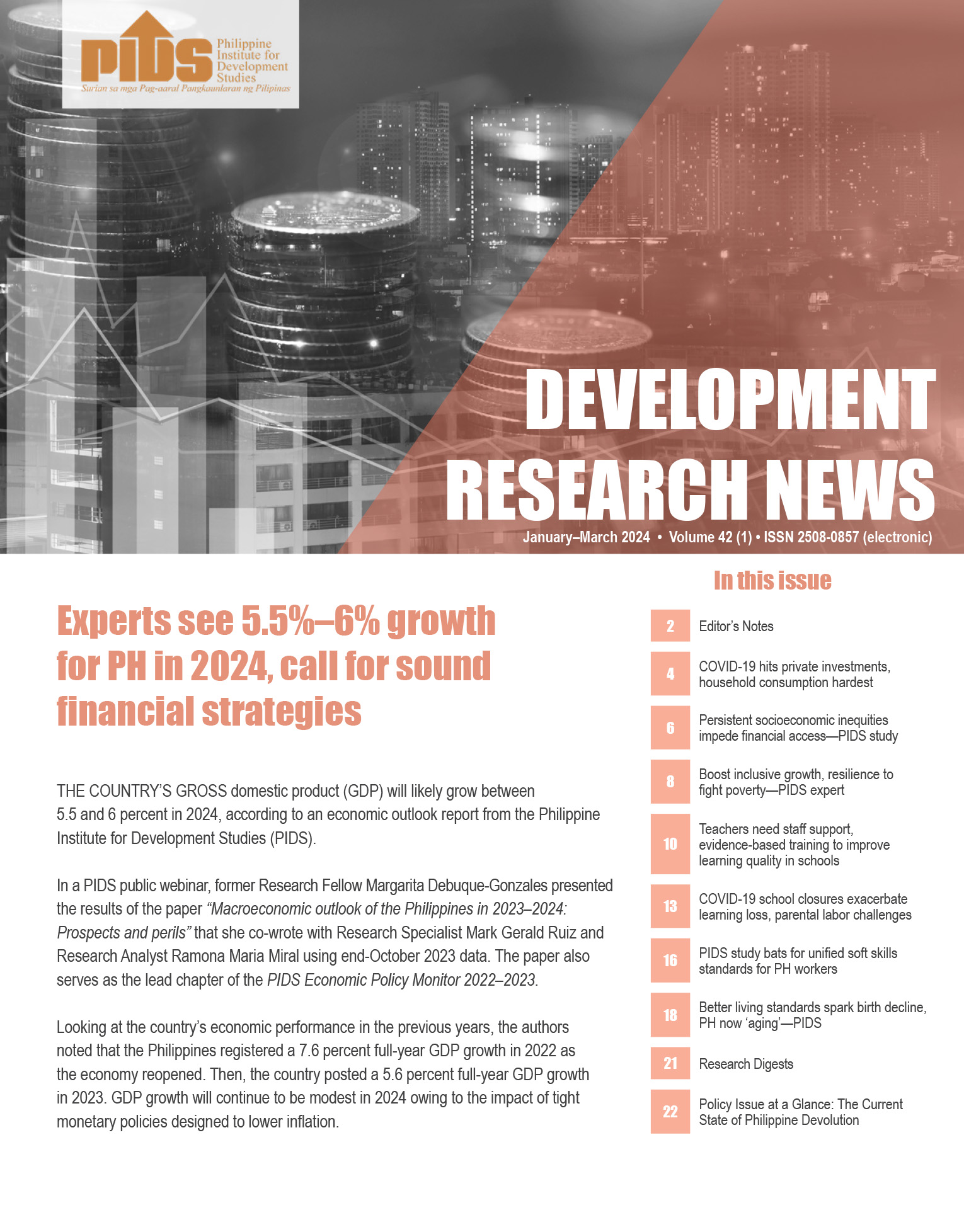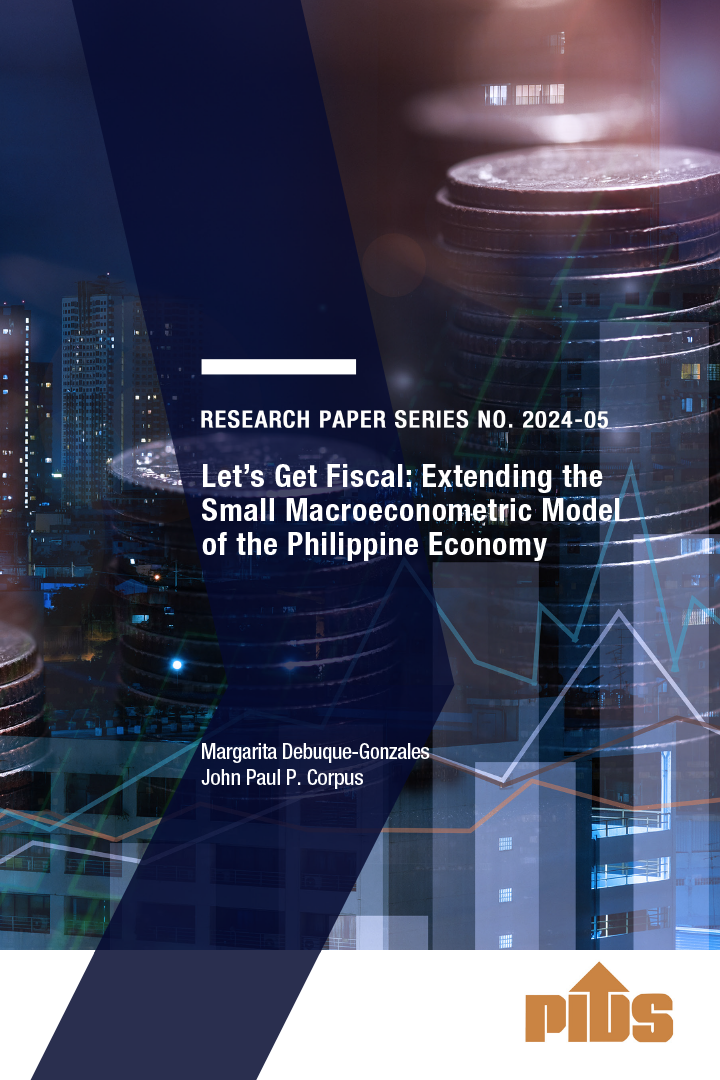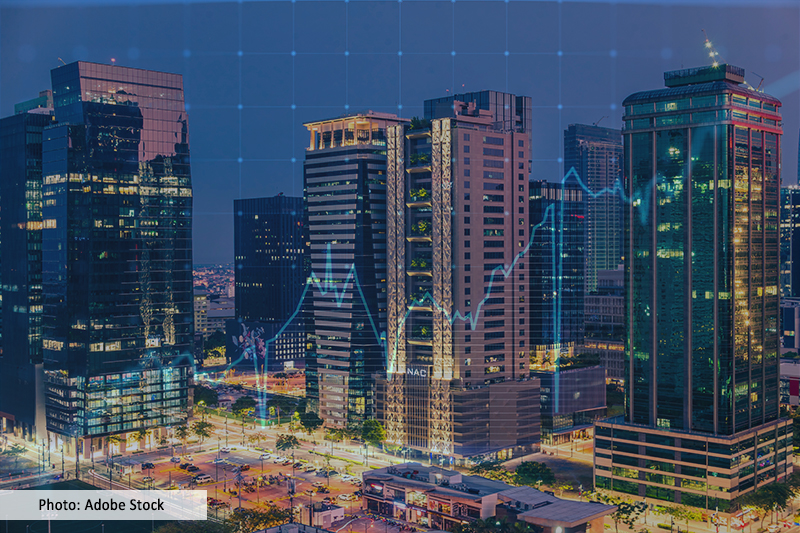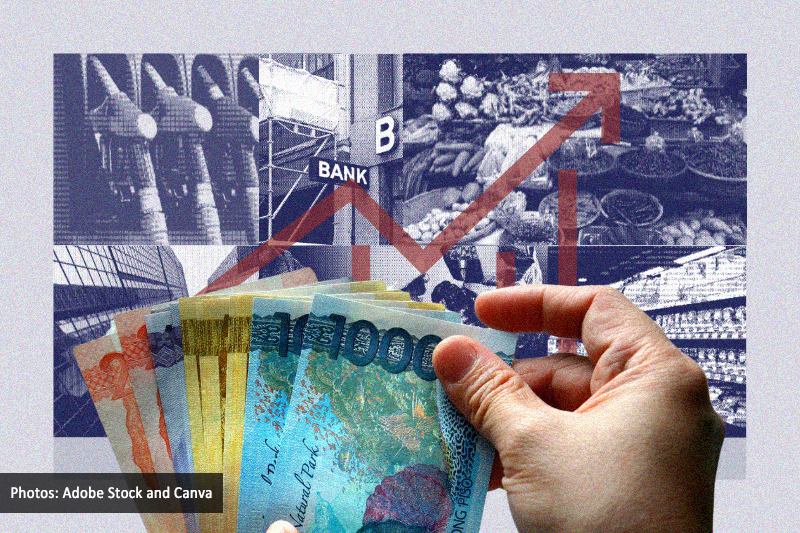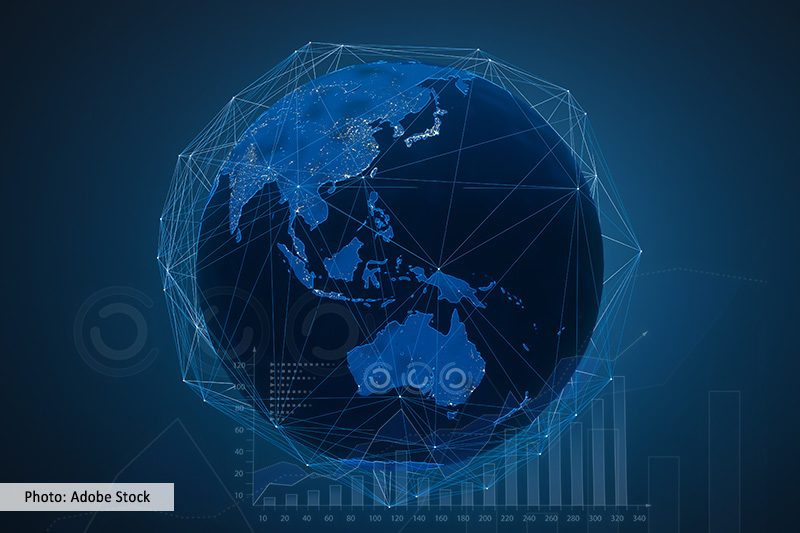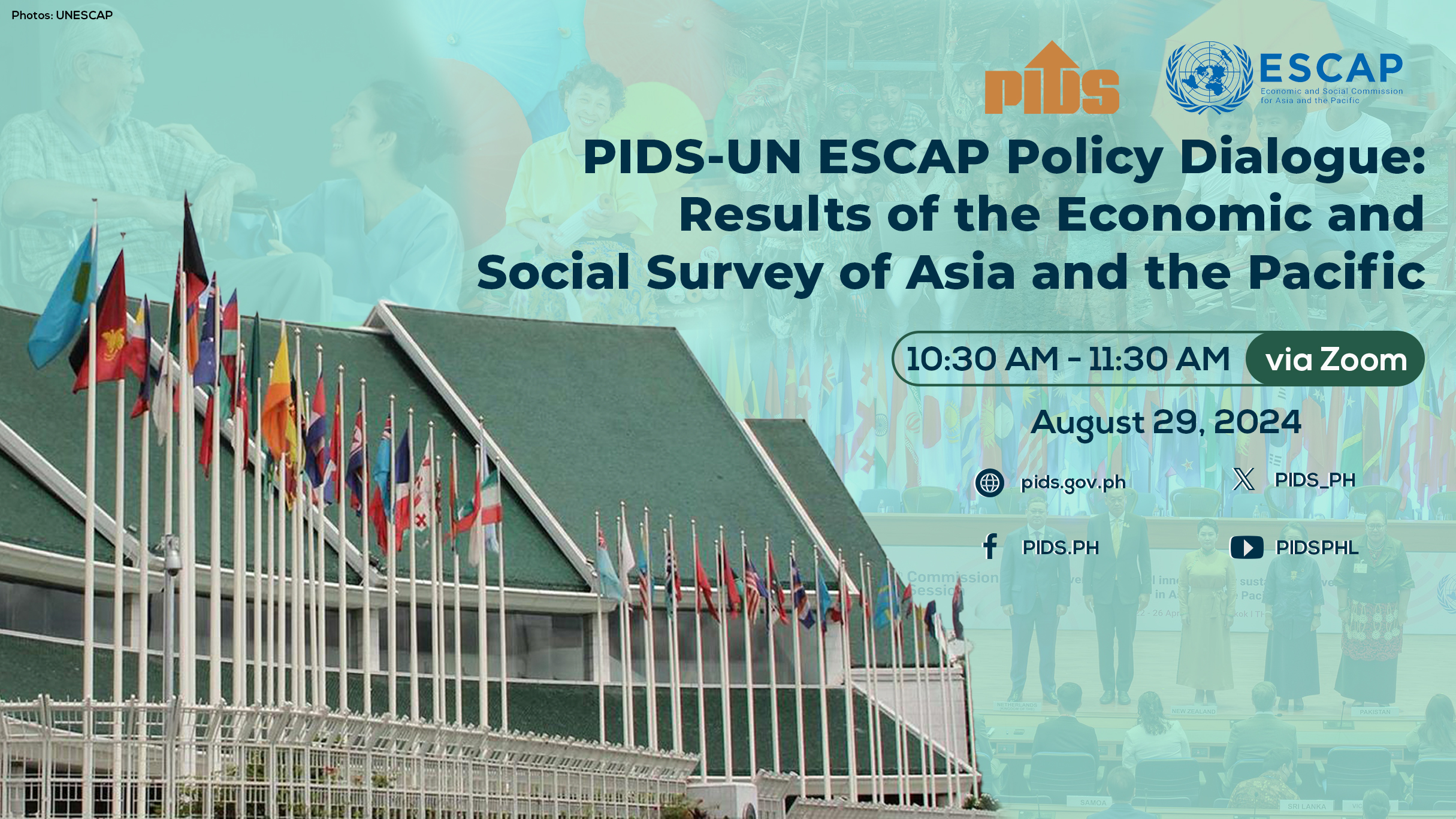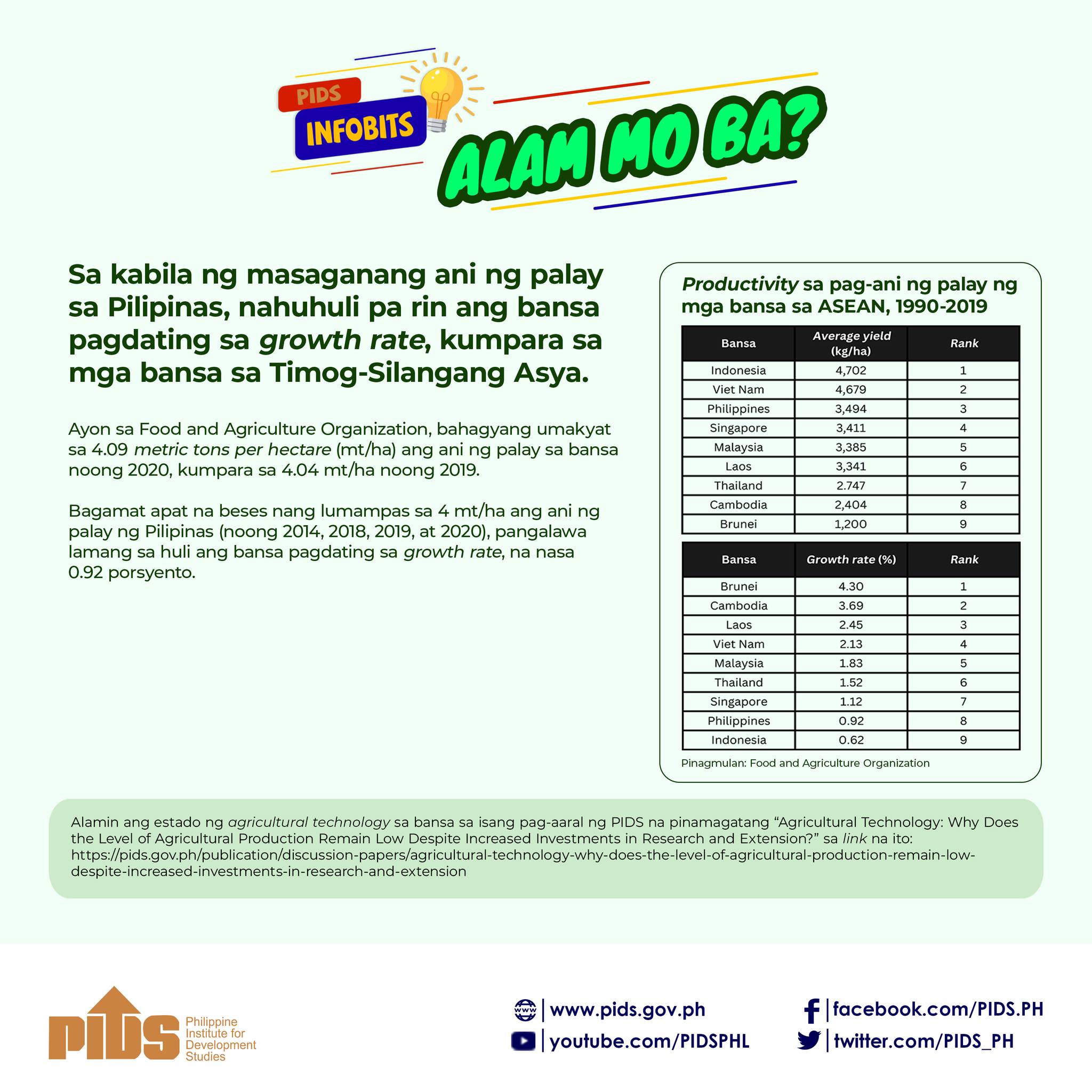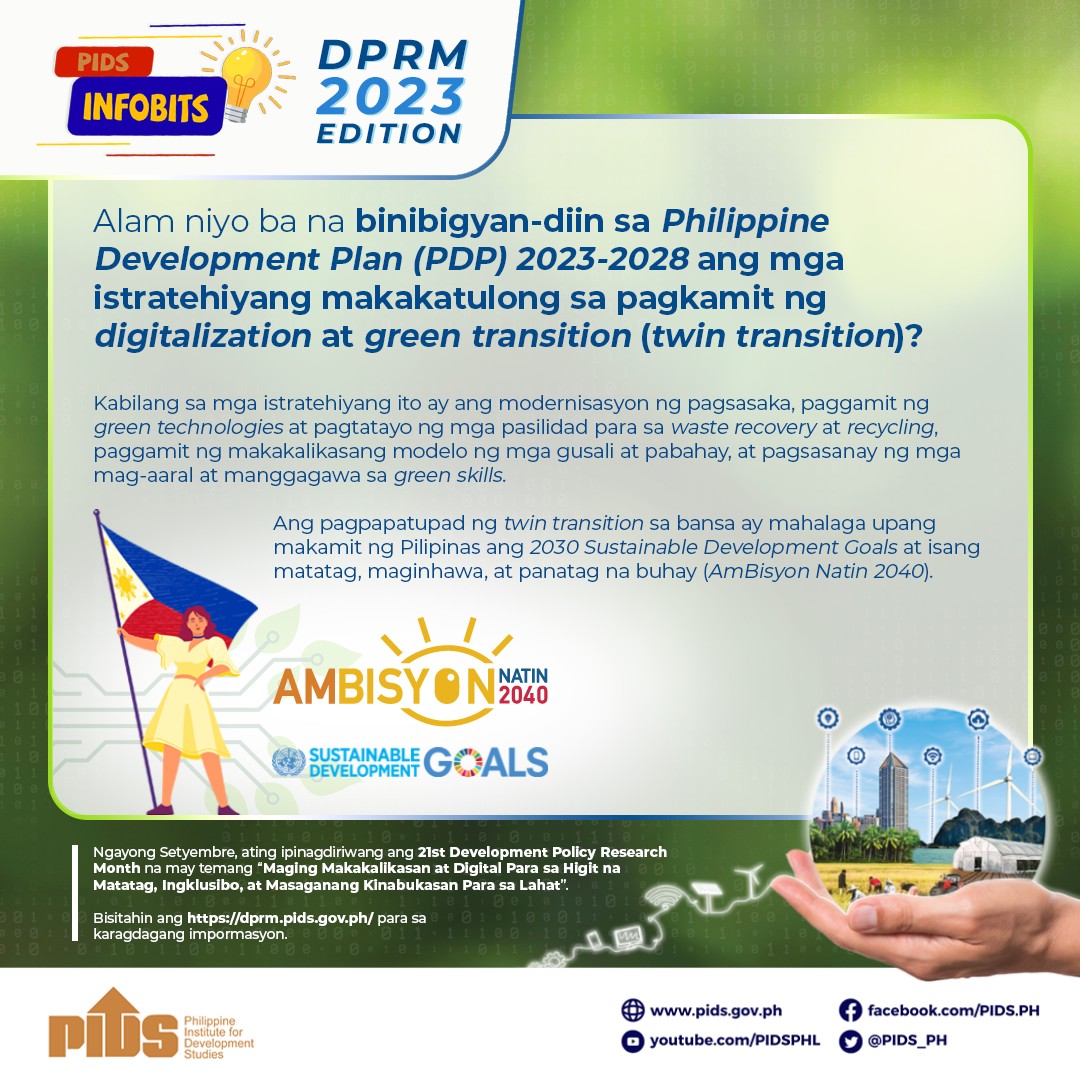MANILA, Philippines — The Philippine economy is facing a tough 2023 amid a new set of global headwinds that could creep into the domestic front, with growth expected to fall below government expectations, the state-run think tank said.
In its latest discussion paper, the Philippine Institute for Development Studies (PIDS) said domestic activity may weaken in 2023 as the global economic environment deteriorates.
PIDS research specialists and authors Margarita Gonzales, John Paul Corpus and Ramona Miral expect gross domestic product (GDP) growth to slow to 4.5 to 5.5 percent in 2023 from the anticipated 7.1 percent this year.
This GDP growth projection falls below the 6.5 to eight percent target set by the economic team of the Marcos administration.
“We anticipate further rough sailing this year and the next as the country faces a new set of headwinds, with inflation becoming a global issue and leading to widespread monetary tightening, which presages a broad slowdown,” the PIDS authors said.
“Financial volatility in advanced countries has been spilling over to emerging market economies, increasing the complexity of issues and challenges faced by local policymakers in these places,” they said.
The PIDS experts noted that economic activity in the country may be heavily weighed down by simultaneous monetary tightening around the world, especially as inflation has become a major issue across economies.
The central bank has already brought the benchmark rate to a 14-year high of five percent after a series of rate hikes in the past months.
This developed as inflation has yet to cool down after soaring to a 14-year high of 7.7 percent in October.
The authors also warned of heightened risks of a sharp slowdown of major economic partners that could impact growth in the country next year.
“Output growth forecasts for advanced economies, notably for the US, Japan and key countries in the euro area have been revised down substantially over the past year, but remain positive,” the researchers said.
“The US and Japan together account for close to a third of Philippine exports and together with Europe, are a rich source of workers’ remittances,” they said.
Overall, PIDS said the global economic environment has deteriorated as the outlook for the world economy is seen to be “gloomy and uncertain,” with the risk of “global stagflation” – defined as high inflation combined with sluggish growth – rising.
The authors argued that the country would enter another period of rough sailing given global headwinds, where the new government’s commitment to its socioeconomic agenda will be tested.
PIDS noted that policy priorities moving forward should include controlling inflation without harming growth, smoothening exchange rate volatility, but maintaining flexibility, pursuing fiscal sustainability, and preparing for financial tightening and uncertainty.
The government is also encouraged to address pandemic scars and continue the policy momentum on investments.

